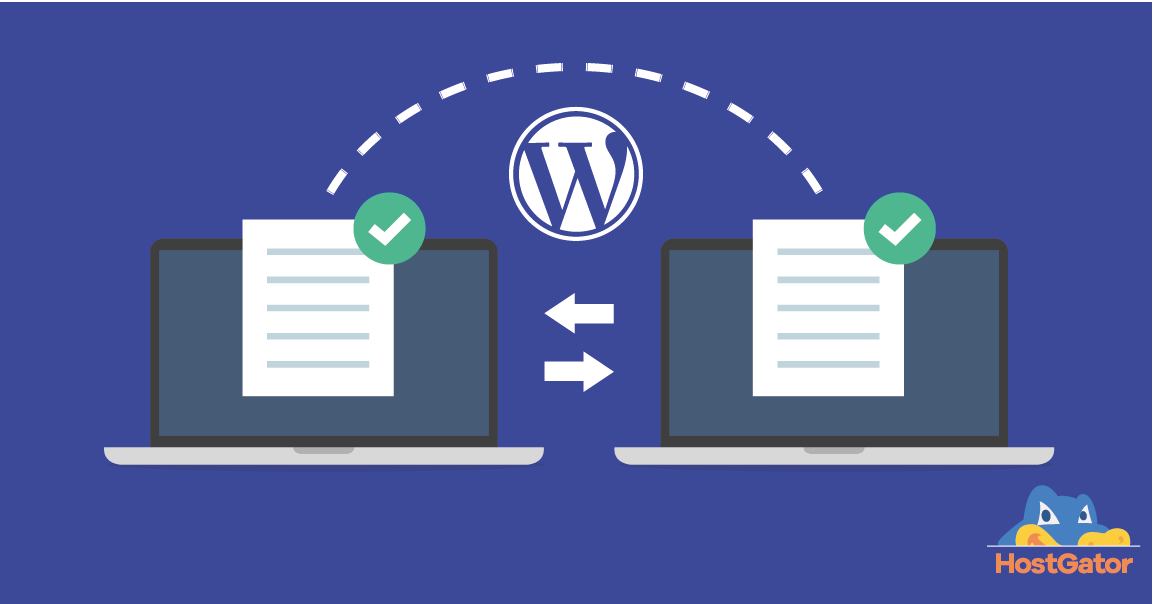How to Speed Up a WordPress Website & Improve Performance?
Learn some WordPress tips and tricks to speed up your websites
In today’s digital landscape, website speed isn’t just a convenience; it’s a critical factor that impacts user experience, search engine rankings, and overall success. Studies reveal that users expect websites to load in a matter of seconds, and any delay can lead to increased bounce rates and decreased engagement. For WordPress websites, optimizing site speed is paramount for maintaining an edge in a competitive online environment. Here are ten actionable tips to accelerate your WordPress website:

Tips to Speed up a WordPress Website Easily
1. Quality Hosting: Opt for a reliable hosting provider that offers robust server infrastructure, SSD storage, and optimized servers for WordPress. Quality hosting ensures faster response times, minimizing server-related delays and enhancing overall performance.
2. Use Lightweight Themes and Plugins: Select lightweight and well-coded themes and plugins. Avoid bloated options that come with excessive features you don’t need. Opt for minimalist designs that prioritize speed without compromising functionality.
3. Eliminate Render-blocking Resources: Render-blocking refers to the delay in rendering a webpage caused by external resources—such as CSS, JavaScript, and fonts—that must be loaded and processed before the page can be displayed. When a browser encounters these resources while parsing the HTML of a website, it pauses the rendering process to fetch, download, and execute these files.
The issue arises when critical resources necessary for rendering the visible part of the webpage are loaded in a way that interrupts or delays the page display. CSS files, for instance, can prevent the visual rendering until fully loaded, causing a blank screen or a partially loaded page, and impacting user experience.
JavaScript files can be especially problematic; if they are placed in the header section of a webpage, they often block rendering until fully executed, slowing down page display and interactivity. Additionally, fonts and other external resources, if not optimized or loaded efficiently, contribute to render-blocking by requiring additional server requests and download time.
4. Image Optimization: Compress images without compromising quality using plugins like Smush or EWWW Image Optimizer. Optimize image sizes before uploading, and consider lazy loading to defer off-screen images, reducing initial load times.
5. Content Delivery Network (CDN) Integration: Integrate a CDN like Cloudflare or StackPath to distribute your website’s static content across multiple servers worldwide. This reduces latency by serving content from the nearest server to each user, accelerating page loading times.
6. Minify CSS, JavaScript, and HTML: Minification involves removing unnecessary spaces, line breaks, and comments from code files. Plugins such as Autoptimize or WP Rocket can help minify CSS, JavaScript, and HTML, reducing file sizes and speeding up loading times.
7. Enable GZIP Compression: Enable GZIP compression through plugins or server configurations to compress website files before they are sent to visitors’ browsers. Compressed files significantly reduce data transfer sizes, leading to faster page loading times.
8. Limit External Scripts and HTTP Requests: Reduce the number of external scripts and HTTP requests on your site. Minimize reliance on external resources like fonts, scripts, or widgets as each additional request can slow down page loading.
9. Optimize Database: Regularly clean up your WordPress database by removing unnecessary data, spam comments, revisions, and unused plugins or themes. Plugins like WP-Optimize or WP-Sweep assist in optimizing database performance.
10. Enable Browser Caching: Set expiration dates for how long elements should be cached in visitors’ browsers. This allows returning visitors to load previously accessed resources from their local cache, reducing server load and enhancing speed.
Implementing these ten strategies will significantly improve your WordPress website’s speed and performance, providing visitors with a seamless browsing experience while positively impacting your site’s SEO and conversion rates. Fast-loading websites not only attract and retain more visitors but also contribute to a stronger online presence and increased user satisfaction.



